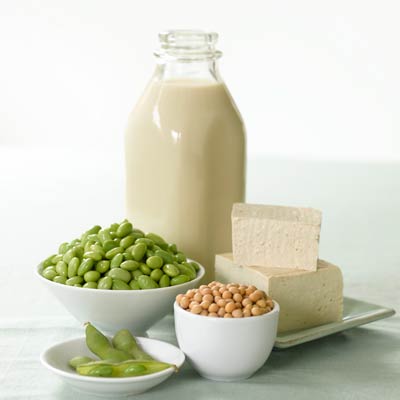When you think of adding protein to your diet do you always think of dairy, chicken, fish, eggs or beef? Yes, protein is key when building lean muscle, reducing muscle loss and to help repair muscle tissue post-workout. While lean proteins, eggs, and low fat dairy are all wonderful options, animal proteins aren’t the only way to get sufficient amounts of protein in your diet.
Following a high protein plant-based diet has become increasingly popular in recent years due to its potential health benefits. Protein is an essential nutrient that our bodies need to maintain muscle mass, support our immune system, and produce enzymes and hormones. Many plant-based foods are naturally high in protein, making it easy to meet your daily protein needs without relying on animal products.
Here are 30 high protein plant-based options to consider incorporating into your diet:
- Lentils (1 cup cooked) – 18 grams of protein
- Chickpeas (1 cup cooked) – 15 grams of protein
- Black beans (1 cup cooked) – 15 grams of protein
- Quinoa (1 cup cooked) – 8 grams of protein
- Tofu (3 ounces) – 8 grams of protein
- Tempeh (3 ounces) – 16 grams of protein
- Edamame (1 cup) – 17 grams of protein
- Green peas (1 cup) – 8 grams of protein
- Hemp seeds (3 tablespoons) – 10 grams of protein
- Chia seeds (2 tablespoons) – 4 grams of protein
- Flax seeds (2 tablespoons) – 4 grams of protein
- Pumpkin seeds (1/4 cup) – 9 grams of protein
- Sunflower seeds (1/4 cup) – 6 grams of protein
- Almonds (1/4 cup) – 6 grams of protein
- Cashews (1/4 cup) – 5 grams of protein
- Pistachios (1/4 cup) – 6 grams of protein
- Peanuts (1/4 cup) – 9 grams of protein
- Peanut butter (2 tablespoons) – 7 grams of protein
- Almond butter (2 tablespoons) – 6 grams of protein
- Tahini (2 tablespoons) – 5 grams of protein
- Seitan (3 ounces) – 21 grams of protein
- Soy milk (1 cup) – 8 grams of protein
- Oatmeal (1 cup cooked) – 6 grams of protein
- Spinach (1 cup cooked) – 5 grams of protein
- Broccoli (1 cup cooked) – 4 grams of protein
- Brussels sprouts (1 cup cooked) – 4 grams of protein
- Artichoke (1 medium) – 4 grams of protein
- Asparagus (1 cup cooked) – 4 grams of protein
- Cauliflower (1 cup cooked) – 3 grams of protein
- Mushrooms (1 cup cooked) – 3 grams of protein
Many people fear getting too little protein when going vegan but as you can see there is ample protein found in various food sources. Recently fake meats have also become quite popular for their taste, texture and protein content.
Fake meats, also known as meat substitutes or mock meats, are plant-based products that are designed to resemble meat in texture and flavor. While they can be a convenient and tasty source of protein for people following a plant-based diet, it’s important to consume them in moderation and choose healthier whole food options whenever possible.
One reason to limit your intake of fake meats is that many of these products are highly processed and may contain added salt, sugar, and preservatives. Some fake meats also contain soy protein isolate, which is a highly processed form of soy that has been stripped of most of its nutrients and may have negative health effects in large amounts.
Additionally, some studies have suggested that consuming high amounts of processed plant-based meats may be associated with an increased risk of certain health conditions, such as heart disease and type 2 diabetes. This may be due in part to the high levels of sodium, saturated fat, and additives found in some of these products.
While fake meats can be a convenient and tasty way to incorporate more plant-based protein into your diet, it’s important to choose whole food sources of protein whenever possible. This can include beans, lentils, nuts, seeds, whole grains, and vegetables. These whole foods not only provide protein, but also a range of other nutrients, such as fiber, vitamins, and minerals, that are important for overall health and wellbeing.
It’s important to note that protein requirements vary depending on factors such as age, gender, activity level, and overall health. Consult with a healthcare provider to determine your individual protein needs and ensure that you are meeting them with a well-balanced plant-based diet.
In Health,

